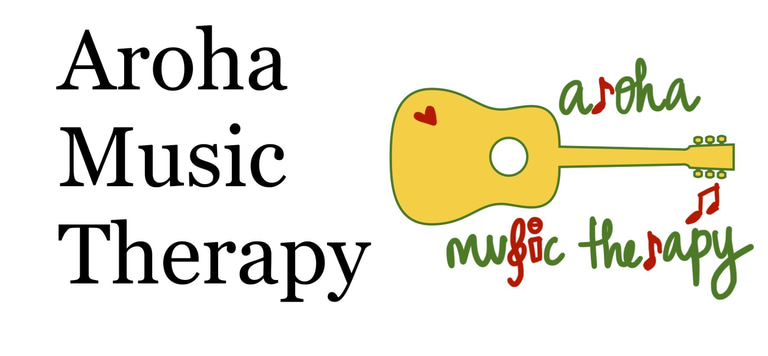It’s a Small World: Embracing Strengths and Shared Humanity Through Music Therapy
Inspired by the timeless Disney song, this post reflects on how music therapy helps us connect through shared emotions and personal strengths. Learn how a strength-based approach empowers clients and why honoring the whole person is key to meaningful therapeutic progress.
Ananya Muralidharan
4/11/20252 min read


“It’s a world of laughter, a world of tears
It’s a world of hope, and a world of fears
There's so much that we share
That it’s time we’re aware
It's a small world after all.”
The classic Disney tune “It’s a Small World” popped into my head recently while I was facilitating a self-regulation intervention with a client. I hadn’t thought about that song in a long time, but afterward, the lyrics lingered with me. They highlight the full range of human emotions—joy, sadness, hope, fear—and emphasize the shared experiences that connect us all.
That reflection led me to think more deeply about how these ideas show up in music therapy.
Music therapy is a success-oriented, client-centered approach that supports emotional, social, and developmental needs. What makes it especially powerful is its ability to meet people where they are—emotionally, neurologically, and creatively. One of the core philosophies I follow in my work is the strength-based approach.
In therapy, a strength-based approach focuses on identifying what each client does well—what motivates them, what they’re naturally drawn to, what brings them comfort or joy—and using those strengths as the foundation for therapeutic growth. Rather than focusing only on what's “wrong” or needs to be “fixed,” this method values clients as whole, capable individuals with unique gifts.
When a new client starts therapy with me, part of the intake process includes asking about their—or their child’s—strengths. These might be musical preferences, personality traits, coping tools they already use, or interests that light them up. Many of the clients I work with already have a deep connection to music, and that connection becomes a powerful tool for supporting self-regulation, emotional processing, communication, and social skills.
Of course, addressing needs and challenges is still a vital part of therapy—but when we overlook a client’s strengths, we risk making progress harder to achieve. We may unintentionally reduce people to a list of problems rather than honoring them as full human beings. When we recognize their strengths, we create space for empowerment, resilience, and authentic connection.
So as I sat reflecting on those lyrics—"There's so much that we share..."—I was reminded of the importance of approaching therapy, and life, with empathy and wholeness.
What are some of your strengths—or your child’s—that have helped you through challenges? How might you lean into those even more intentionally?
When we begin to see ourselves through the lens of our strengths, growth feels more possible—and the world feels just a little smaller and more connected.
